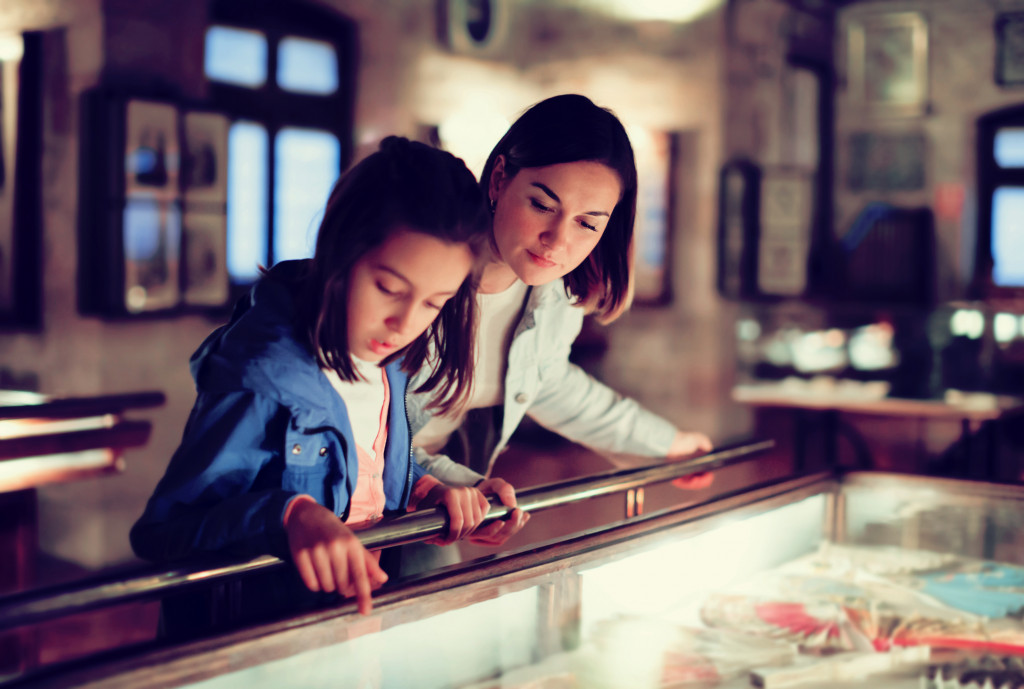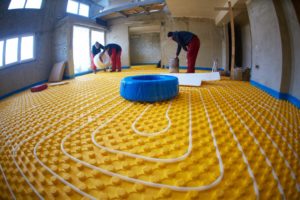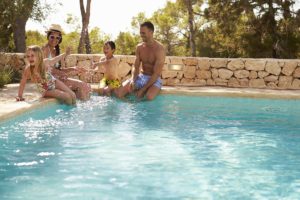- Explore nature together, go on a nature walk, have a picnic, or visit a beach and observe the night sky.
- Play language, logic, and math games such as word games, puzzles, riddles, Sudoku, or card games.
- Visit museums and other attractions like zoos and aquariums to learn about different cultures, environments, and history.
- Make learning a family activity and part of your weekend routine to help your child grow and develop.
The weekends are a great time to spend with your children, but why not also make them educational? Learning doesn’t have to be a chore – it can be fun and engaging for you and your child. Exploring various educational opportunities on weekends outside of school will help your child build a strong foundation for their future.
Here are some great ways to make learning a part of your weekend routine.
1. Explore Nature Together
One of the best ways to learn is through exploration. Take the opportunity on the weekends to explore nature together. Kids love to explore outside and learn about their environment. Aside from learning about plants, animals, and other aspects of nature, they can also learn important scientific principles. Here are some activity ideas:
a. Go on a nature walk together.
Walking around and discovering the outdoors is a great way to bond as a family and teach your child about nature. You can point out different plants and animals or talk about the weather in your area. This is an excellent way for kids to get in some exercise and learn at the same time.
b. Have a picnic outside.
Picnics are a great way to spend quality time with your family while learning about the natural world around you. Bring food and drinks, and talk about the different plants and animals you observe while eating. If you’re feeling adventurous, try asking your child to identify different trees or insects.

c. Visit a beach.
The sea and its inhabitants are an excellent resource for teaching kids about science. There is always something new to discover and learn, whether at the beach, lake, or river. Have your child look for different shells, observe the tide patterns, or take a closer look at marine life.
d. Observe the night sky.
Stargazing is a great way to combine science and fun! Let your child explore the night sky and identify constellations. Bring along a telescope and show them different stars, planets, and galaxies. You can even take the opportunity to talk about astronomy and space exploration.
2. Play Language, Logic, and Math Games
Language, logic, and math are essential skills for children to learn. Playing games that require these skills is a great way to make learning fun. Here are some game ideas to try:
a. Word games
Word games such as Scrabble and Boggle can help children learn new words and improve their vocabulary. These games also require children to think logically and strategically, as they must use their knowledge of words to score points. You can also opt for engaging word fill-in puzzles or crosswords. They’re a great way to practice spelling and grammar too.
b. Logic games
Logic games such as Sudoku, puzzles, and riddles help to develop critical thinking skills. These games require children to use logic and reasoning to solve the puzzle or answer the riddle. You can also use them to learn about logic and mathematical principles.
c. Math games
Some math games require using physical objects, such as dice and cards. Others can be played online or on a tablet. Playing math games is a great way to practice math skills and a fun family activity.
d. Card games
Card games such as Go Fish and Crazy Eights can help children practice their math skills. These games require counting, adding, and subtracting to win. They also help children practice their problem-solving skills.

3. Visit Museums and Other Attractions
Weekends are also a great time to visit museums or other attractions, such as zoos or aquariums, where children can learn about different cultures and environments worldwide. They will learn more about history and science and experience things like art galleries and interactive exhibits, which will help keep their curiosity piqued as they enjoy themselves during these outings.
Plus, this type of learning is often much more memorable than traditional classroom instruction! Because museums and other attractions are lively and engaging, children will be more likely to absorb information in a fun way.
Learning doesn’t have to be boring; it can be fun and engaging when done creatively! By taking advantage of all the educational opportunities available during the weekends – whether nature explorations, word games, math activities, or museum visits – you can help your child grow and develop positively and meaningfully. So get out there and make learning a part of your family’s weekend routine!



















